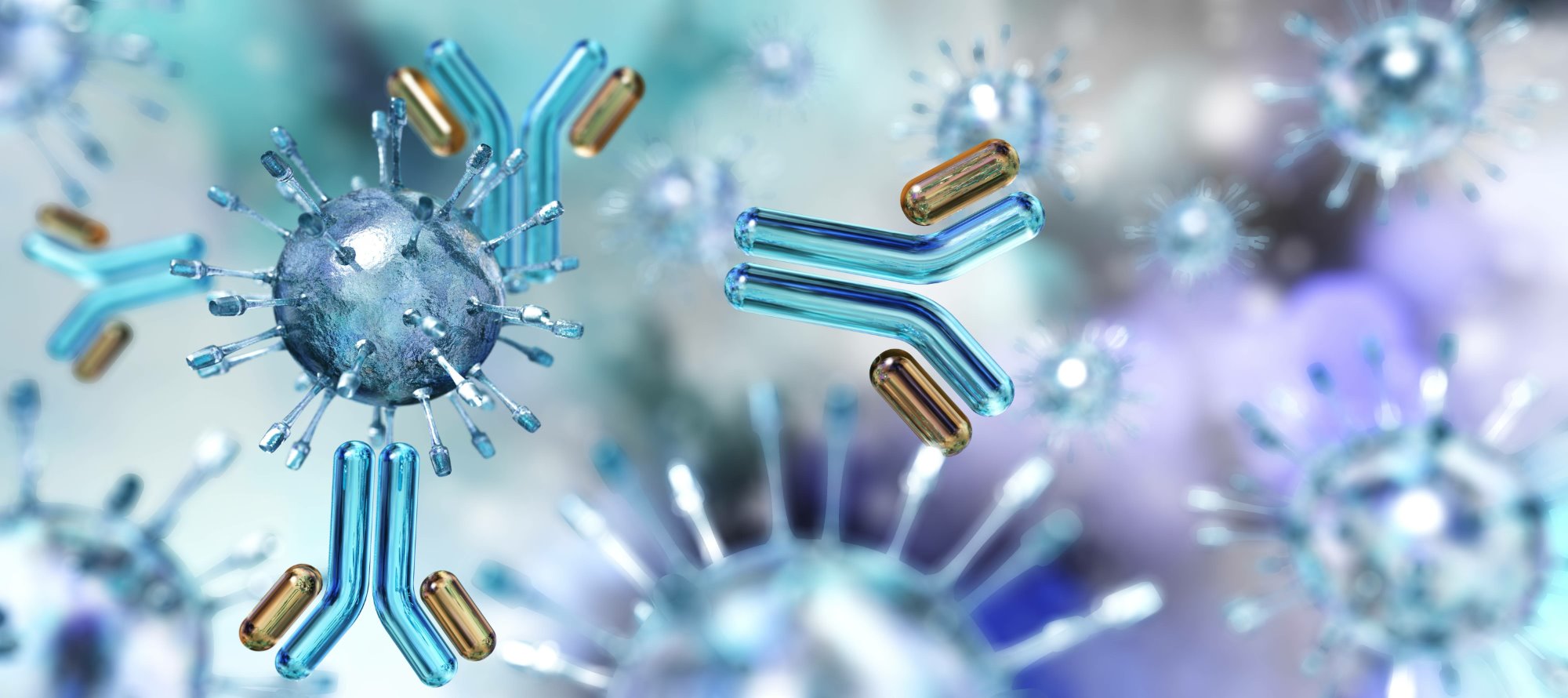
Nitsche Group
We develop chemical tools to target, manipulate and study peptides and proteins related to infectious diseases.
Research theme
Research themes
About
We create and study selective interactions between proteins and small synthetic molecules. Our research projects are interdisciplinary. We apply chemical and physical tools to address questions of biological and medicinal relevance, involving a broad spectrum of techniques ranging from organic chemistry to structural biology.
We aim to accelerate the drug discovery process by introducing new technology platforms, develop anti-infective agents and establish novel chemical ligation reactions that do not interfere with biological systems.


